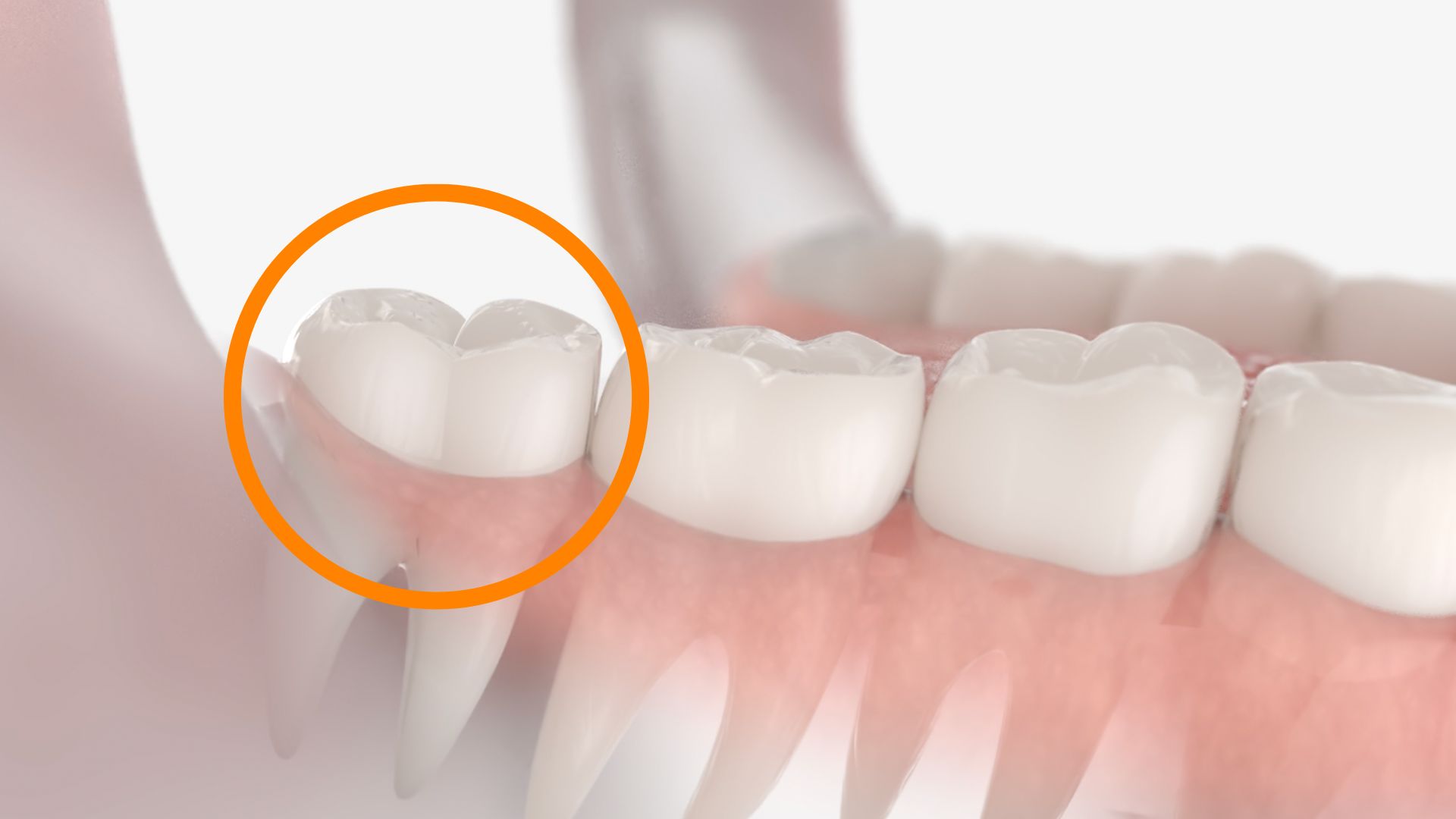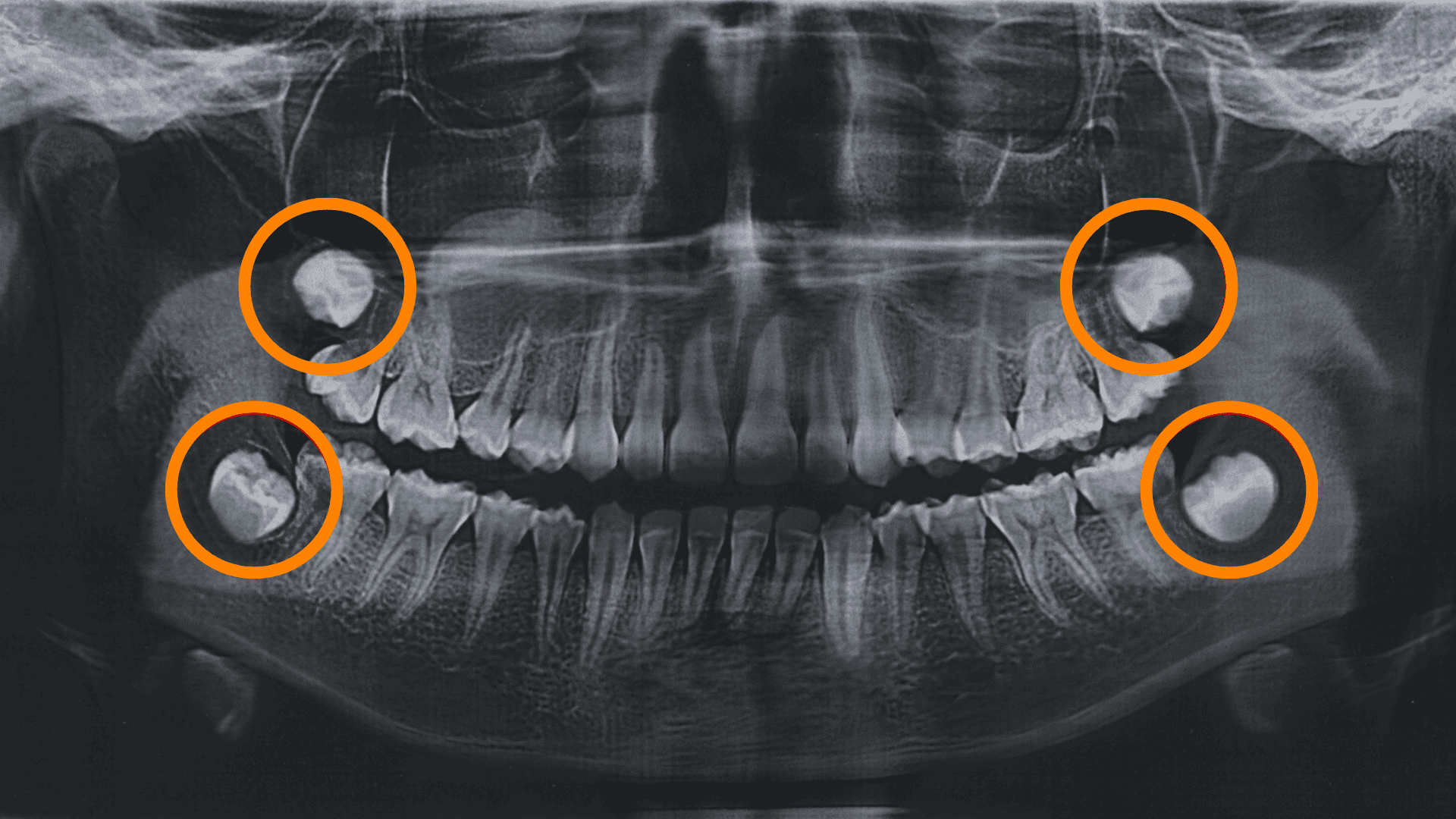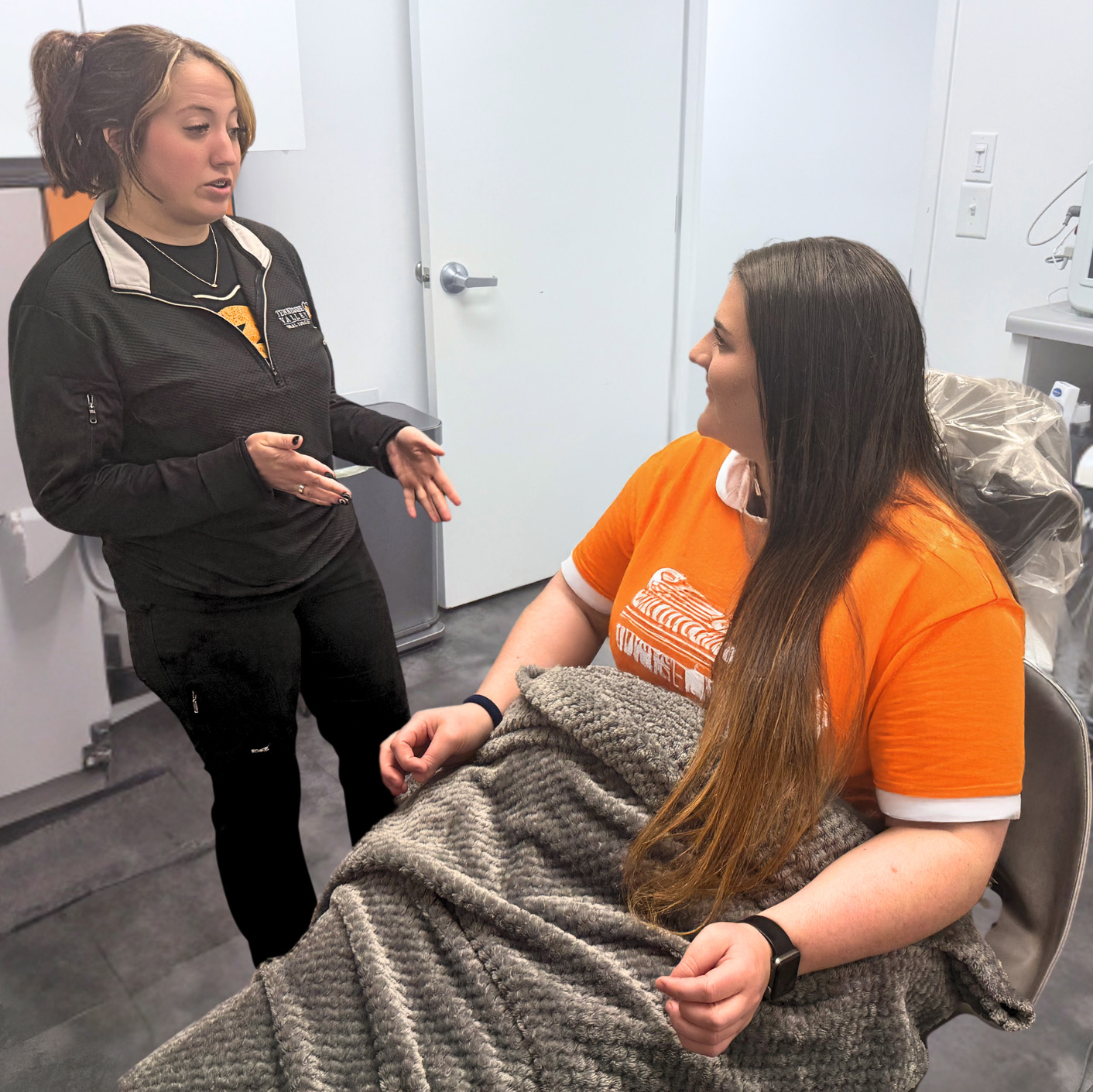Watch Now to Learn More About Wisdom Teeth

What are Wisdom Teeth?
Wisdom teeth, also known as third molars, typically emerge between the ages of 17 and 25. In the past, they served as an extra set of molars to be used when other molars were worn out due to the harsh diets of early humans. To learn more, check out our article all about wisdom teeth.
Why Should I Have My Wisdom Teeth Removed?
On the off chance that you need more space in your mouth for your third molars to completely eject, various issues can occur. Impacted wisdom teeth ought to be expelled before their root structure is completely established. In certain patients it can happen when you are 12 or 13, or it may not be until the mid-twenties. Issues can generally happen after the age of 30. Potential issues can include:

The most incessant clinical issue we see is pericoronitis, (an infection that is localized). Without sufficient space for the tooth to come in fully, the gum tissue around the wisdom tooth can become aggravated and infected, bringing about increasing tooth pain, swelling, and issues with biting and swallowing.
Types of Wisdom Teeth Impactions
Albeit the vast majority of people grow 32 permanent adult teeth, ordinarily their jaws are too little to even think about accommodating the four wisdom teeth. At the point when inadequate space keeps the teeth from erupting, they are called impacted, which makes it impossible move into the proper position for chewing and cleaning.
When Should Wisdom Teeth Be Removed?
Some people may not experience any issues with their wisdom teeth, others may face complications such as pain, infection, or misalignment. It is ideal to remove your wisdom teeth before those complications arise. Our experienced team at Tennessee Valley Oral Surgery specializes in wisdom teeth management, offering personalized treatment plans tailored to your unique needs.
What Can I Expect with Wisdom Teeth Management?
During your initial consultation, our skilled surgeons will assess your wisdom teeth and discuss the best course of action. For many patients, wisdom teeth removal is recommended to prevent future complications and maintain oral health.
At Tennessee Valley Oral Surgery, we prioritize patient comfort and safety. Our state-of-the-art facilities and advanced techniques ensure a smooth and efficient procedure.

The Day of Wisdom Tooth Removal Procedure
As a team of doctors, we have over 75 years of experience in the oral surgery field, and use the most advanced techniques, and technology. So you can be stress-free and trust your smile in our hands.
Your comfort and well-being is our number one priority through each and every step of all procedures we provide at Tennessee Valley Oral Surgery.
On the morning of your medical procedure, it is fundamental that you don't have anything to eat or drink for at least 8 hours (ideally more). This doesn't mean you should attempt to fit in one "last supper" precisely eight hours before your medical procedure. Having anything in your stomach can expand the hazard for genuine sedative intricacies, including sickness and vomiting.
Your surgery will be rescheduled if you have anything on your stomach or do not have a parent or dependable person with you on the premises for your procedure. This person should plan to spend the remainder of the day with you.

Still Have Questions About Wisdom Teeth Removal?
In our completely free guide, "The Patient's Guide to Wisdom Teeth," we go over a ton of information regarding wisdom teeth including:
- Why you should consider removing your wisdom teeth
- When to get your wisdom teeth taken out
- What the process is like to have them removed
- Answers to many frequently asked questions
- and more!
Simply fill out the form below, and the guide will automatically be delivered to your inbox within minutes!
Wisdom Teeth FAQ
Not everyone has wisdom teeth and not everyone with wisdom teeth has a full set. Recent studies have shown that as many as 25% of people with wisdom teeth are missing at least one of their third molars.
